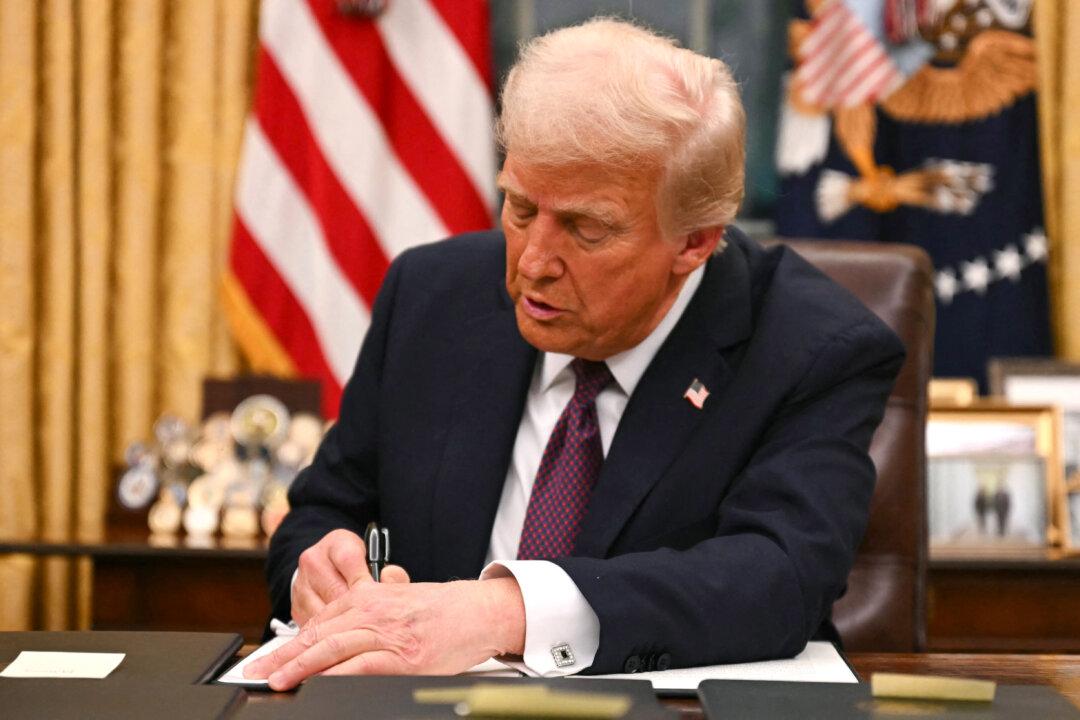California Attorney General Rob Bonta joined more than a dozen other state attorneys general in challenging the constitutionality of an executive order redefining birthright citizenship, issued by President Donald Trump on the first day of his second term.
The lawsuit was filed on Jan. 21 in the U.S. District Court for the District of Massachusetts.





